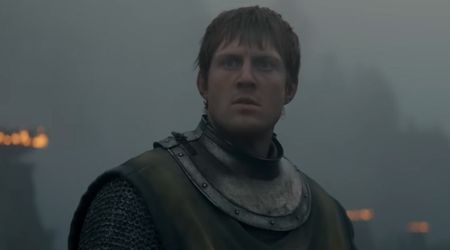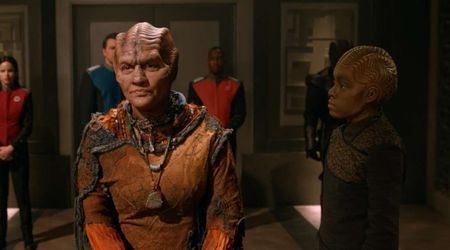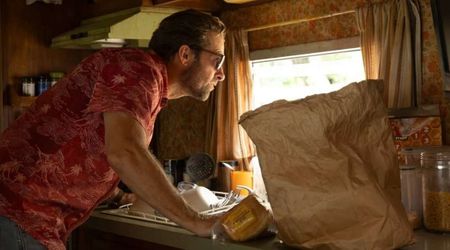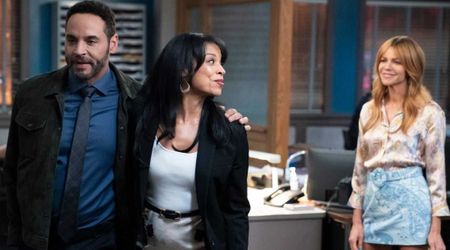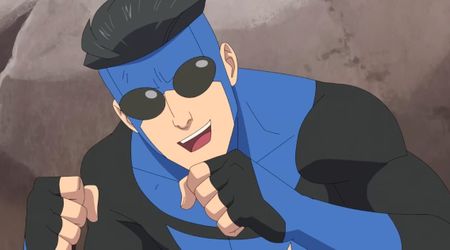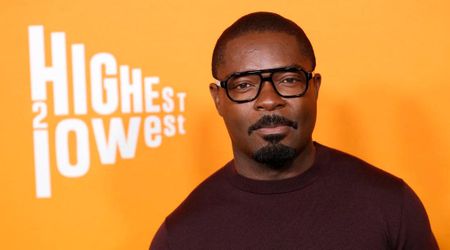Marvel Television: 5 reasons why MCU's small screen division being shut down was inevitable

After nine long years, Marvel Television, the small screen wing of the Marvel Cinematic Universe, was shut down and folded into the parent company, Marvel Studios back in December 2019. It was a pretty big step for Marvel, but in many ways, the dissolution of the production company was a long time coming.
Headed by Jeph Loeb, Marvel Television oversaw work on all small-screen MCU projects including TV shows like 'Agents of S.H.I.E.L.D.' and 'Runaways' and Netflix series like 'Daredevil', 'The Defenders', and 'Jessica Jones'. However, Marvel Television never did manage to rise to the level of its cinematic cousins and after a string of cancellations and Loeb's exit from the company, it became pretty much inevitable that they would be forced to close.
Now there are still some shows in the works for the MCU including the upcoming final season of 'Agents of S.H.I.E.L.D.' and the slate of Disney+ projects. So let's take a look at some of the reasons why the production company had to be shut down.
Separation from the MCU
This was probably the most important problem with the MCU shows. Except for the first season of 'Agents of S.H.I.E.L.D.', there wasn't much of a connection between the blockbuster MCU movies and their smaller screen counterparts.
Perhaps a cameo or two by 'Avengers' members or some other A-list MCU heroes could have helped drum up the ratings for shows like 'Agents of S.H.I.E.L.D.' and 'Inhumans' but ultimately that didn't happen and as a result, the shows couldn't keep a large number fans of the movies interested for long. While some of the shows were actually pretty good, the lack of connective tissue with the greater MCU left more than a few fans feeling as if the shows didn't matter much at the end of the day (more on that later).
Too much to watch
As we mentioned above, there wasn't much connective tissue tying the shows and the movies together but despite that, a lot of viewers still held the idea that everything is connected in the MCU. And when it feels like you have to watch too many different shows just to get the full picture (even though this wasn't actually the case) it leads to a lot of people just giving up on watching any of them at all.
This is one of the more ironic points on this list because as we mentioned, it's built on a mistaken assumption. At the end of the day, each Marvel Television show could be watched without having to know what happened in the others but that wasn't exactly communicated to the viewers well enough.
Failed crossovers
Yes, we're looking at 'The Defenders' here. The miniseries was supposed to unite all the heroes of Marvel's Netflix shows in an epic crossover event but the end result was something a lot of fans would much sooner forget. Compare that to DC's Arrowverse, which regularly delivers stunning crossovers like the recent 'Crisis on Infinite Earths', and you start to see the bigger problem.
While it can be tricky to navigate conflicting schedules and whatnot, it's not impossible to craft a story that elevates all sections of the shared universe to the same level. DC did it with the entire multiverse in 'Crisis' and yet even Marvel's groundbreaking 'Avengers: Endgame' couldn't do the same for Marvel Television. Which brings us to our next point...
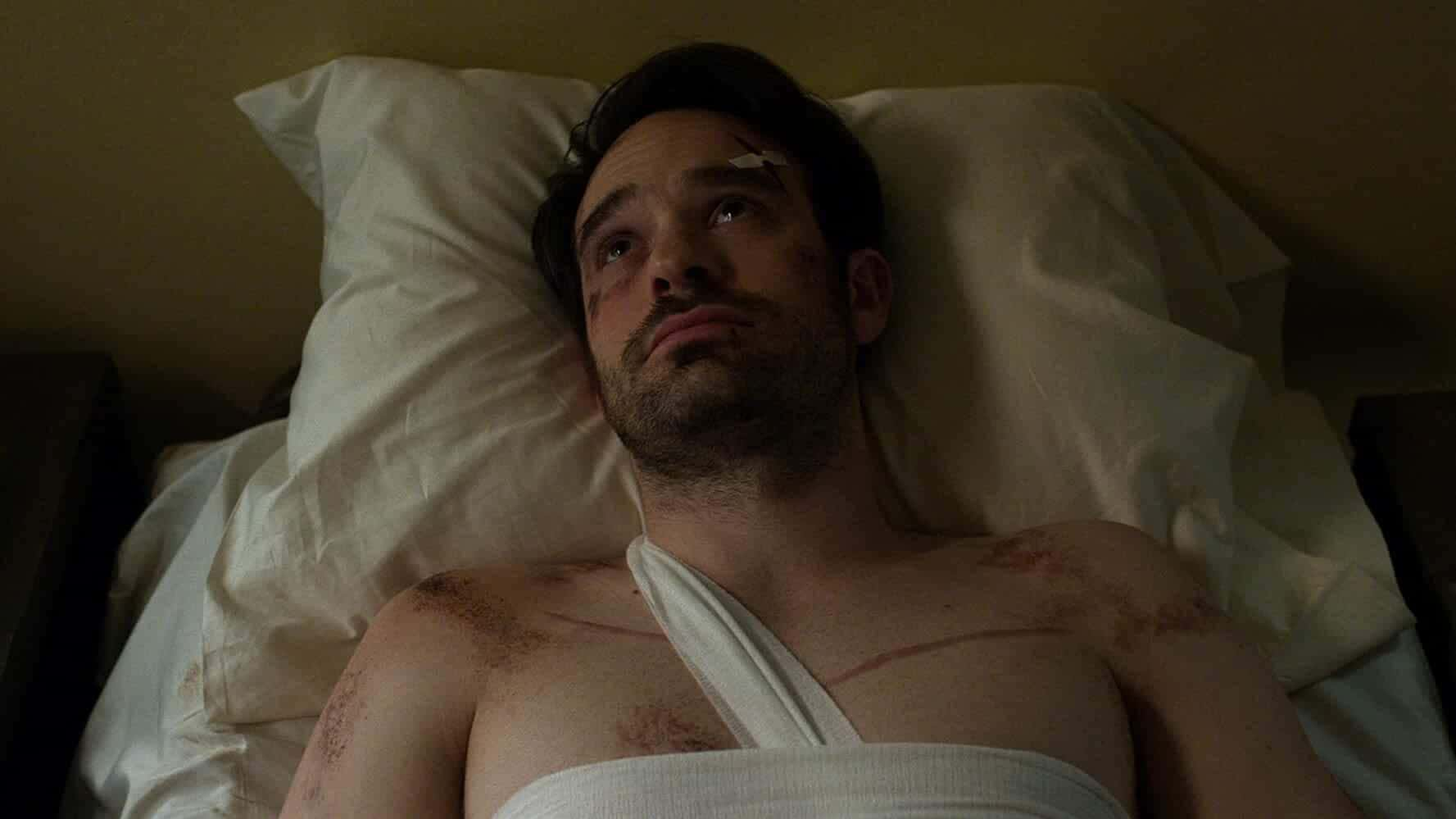
Internal politics
Now to be clear, this part is pure speculation but it does seem as if Marvel Television and Marvel Studios ended up competing instead of collaborating at certain points. Keeping the MCU films separate from the shows was clearly a huge misstep and one that could have been easily avoided with a bit more cooperation between the two entities.
Of course, we don't know what went down behind closed doors but it does seem as if Marvel Studios and Disney lost faith in Marvel Television at some point and decided they don't need it dragging down the potential success of the movies. If that really is what happened, then it's a bit of a self-sabotaging move but again, this is all just speculation.
Lack of consequence
This is the big one right here. Without connections to the MCU and with the failure at making connections to each other, the Marvel Television shows eventually reached a point where they no longer matter at all in the grand scheme of things.
As we mentioned earlier, a major reason why people didn't get into the shows was because of a perceived overabundance of connections but the lack of these connections is exactly why more hardcore fans eventually lost faith in the shows. And that's also why Marvel's planned slate of Disney+ shows like 'WandaVision' and 'Loki' are for more interesting to viewers.
By using characters from the movies and having clear connections to the rest of the MCU, the Disney+ shows make it clear to the audience that they are just as important as the films to this shared universe. And best of all, with the shows timed to fill in between movies and only come in a few at a time, there's a guarantee that fans won't be overwhelmed.
Why do you think Marvel Television had to be shelved? Do you agree with this list or do you have your own theories? Let us know in the comments.

